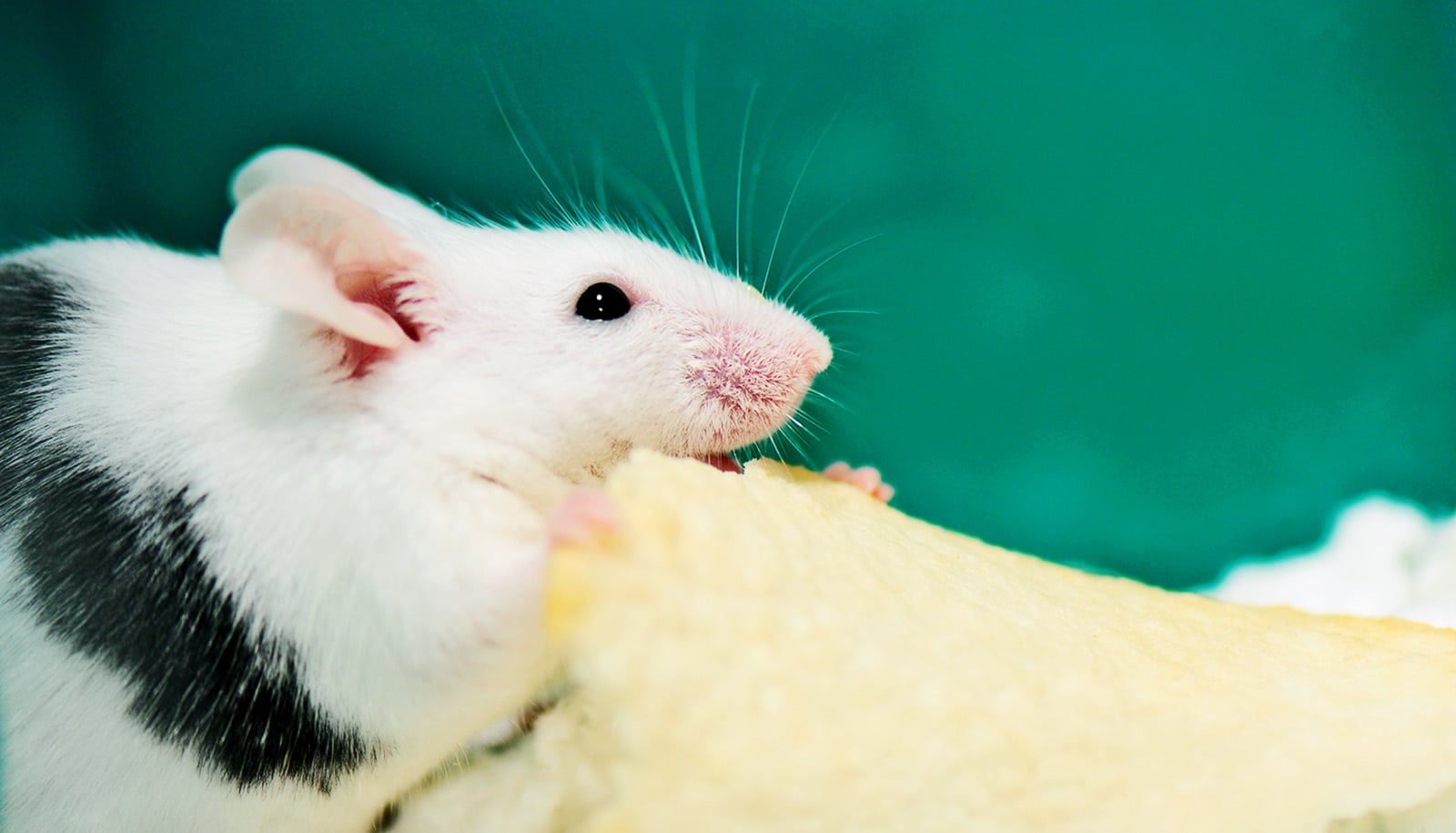A newly developed nanoparticle can alter the gut microbiome and alleviate symptoms of inflammatory bowel disease in mice more effectively than common FDA-approved medications, say researchers.
The gut microbiome–the body’s environment of healthy and unhealthy bacteria–is the next frontier for drug development, and an imbalanced gut microbiome has been implicated in many human diseases, including inflammatory bowel disease (IBD), says James Moon, an associate professor of pharmacy with an appointment in biomedical engineering at the University of Michigan.
Bacteria imbalance
IBD is an umbrella term for chronic debilitating and sometimes fatal diseases like ulcerative colitis and Crohn’s, which are characterized by inflammation in the digestive tract and can include diarrhea, cramps, an inability to digest food, fatigue, and weight loss.
“The imbalance between good and bad microbes in our gut is implicated in IBD, obesity, diabetes, Alzheimer’s, autism, and other conditions,” Moon says. “Being able to modulate the gut microbiome so that we have a higher frequency of good bacteria would open many doors to new drug development.
“We were really excited because this is one of the first examples of using safe drug-like substances to increase the good microbiome. Some people are doing fecal transplants, which isn’t a great option for drug development. These nanoparticles are safe and simple to produce.”
The nanoparticles consist of two naturally occurring anti-inflammatory compounds: hyaluronic acid, a natural lubricant found in joints and also used in face creams and dermal fillers, tethered to bilirubin, which is produced in the liver. The HA-bilirubin particle binds much more effectively to inflamed colon tissues, increasing the good microbes in the colon tissues and allowing the damaged cell lining in the colon to heal.
Fighting back inflammatory bowel disease
Researchers tested the nanoparticle in mice by giving them water containing a chemical that causes acute colitis, and then administering a seven-day oral treatment of the nanomedicine.
“After treatments with the nanoparticle, the mice maintained their body weight, but the ones treated with traditional FDA-approved drugs for treating colitis lost 15% of their body weight,” says lead author Yonghyun Lee, a research scientist at the College of Pharmacy. “We saw the particles were binding to the damaged colon layers and protecting them against dying, and the mucous layer that protects tissues from bad microbes was improved.”
“In IBD, an impaired gut barrier allows bacteria to penetrate the intestine wall and cause inflammation in immune cells, with limited treatments available to prevent this cascade,” says coauthor Nobuhiko Kamada, assistant professor of internal medicine.
“This nanomedicine can act on all of these inflammatory steps, so it’s possible it could be effective for each stage of inflammatory bowel disease.”
Researchers aren’t sure how the nanoparticle boosts the good microbes, but they have shown in the lab that it scavenges naturally occurring chemicals called reactive oxygen species, which can damage and kill cells.
The research appears in Nature Materials.
Source: University of Michigan



